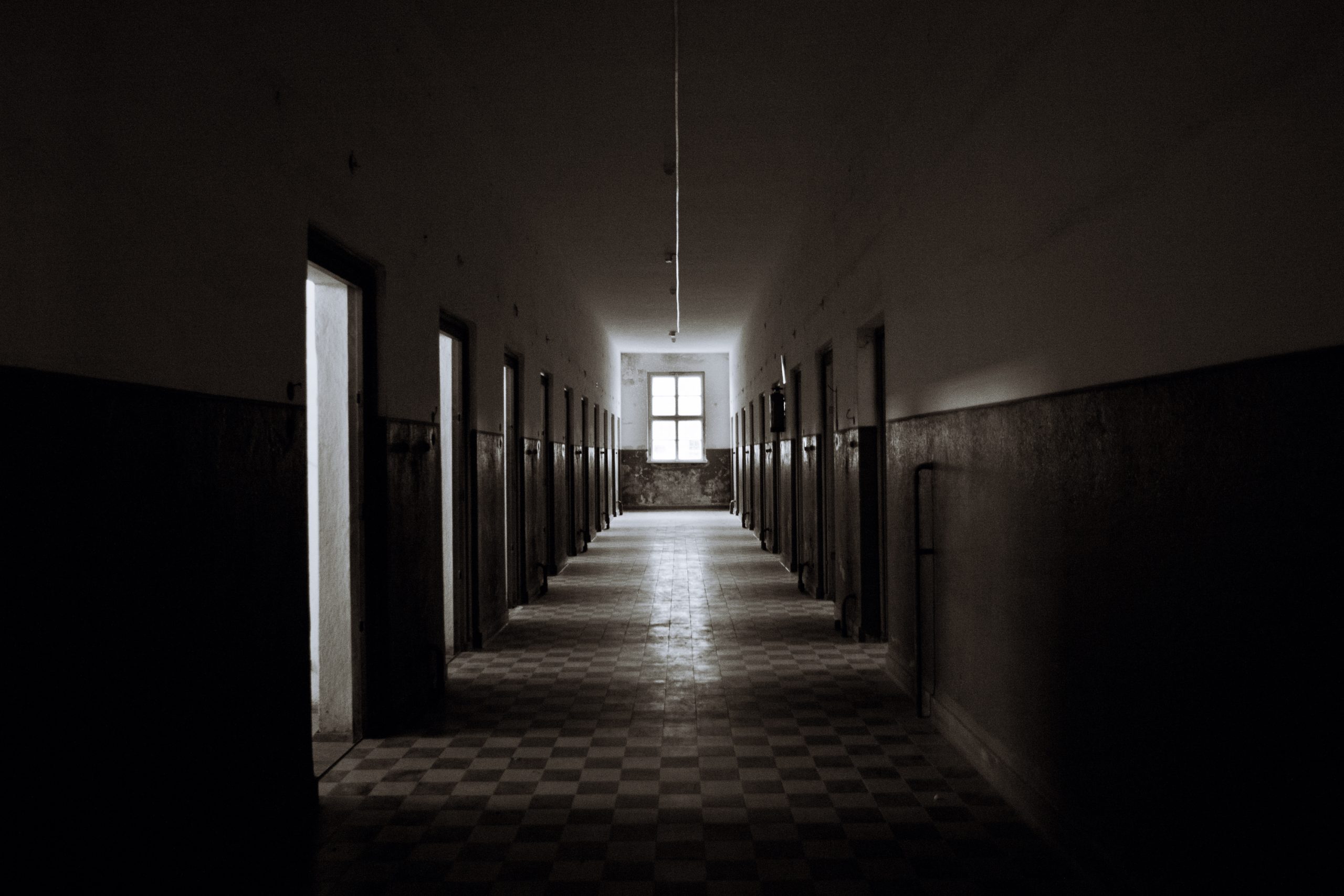Fun fact: mental health issues are less prevalent when you’re able to afford a healthy diet, roof over your head, occasional social activities, and aren’t constantly stressed about all the bills you have to pay.
Here’s my solution:
- Currently the US spends roughly $11,912 per capita on healthcare. New Zealand, a comparably developed country, spends $4,393 per capita but their system apparently provides better care.
- the US follows New Zealand’s example and properly regulates the pharma, insurance and healthcare system, bringing down costs by $7519.
- the US now has better (mental-)healthcare
- Everyone gets a Universal Basic Income of $626.58(=$7519/12) per month to help pay the most important bills or help pay the rent
Affordable healthcare specifically including mental health treatment. Unfortunately, in many countries it’s not included under universal healthcare AND it’s fully taxed.
If by politics you mean learning to set and respect and have each others boundaries respected (personal, not necessarily just politically).
Also, if your anything boundaries demand the overruling of others’ personal soverignty, then go fuck yourself.
Pretty please and thanks for this prompt 😇
Ending the drug war would help psychiatrisy move forward with some excellent meds (psilocybin, MDMA). It would also let a lot of innocent people avoid the six year prison stint I did for growing my own medication.
So, I don’t see it as not political. But I also don’t see it as not psychiatric.
Have a friend administering psilocin/4-HO-DMT to patients for one of those psychedelic startups in Canada. Thought it was cool because the first serious psychedelic research also began in Canada in the late 40s-50s, Humphrey Osmond even coined the term “psychedelic” while experimenting with them at a mental hospital in Weyburn, Saskatchewan, in a letter addressed to Huxley. They first used them as “psychomemetics” with the understanding they mimicked the symptoms of schizophrenia, to better sympathize with the patients (this was in the days of mental institutions.) They used it for alcoholism as well apparently, Osmond said it would reveal to them how their behavior was affecting other people etc.
MDMA got submitted to the FDA recently. They’ll have to reschedule MDMA and I don’t see that happening easily even with evidence it has medical uses.
Considering cannabis is still illegal federally, I’d agree with you.
Well, do you need a psychiatrist if your life isn’t completely fucked by a drug possession conviction?
Psychiatrists are the ones doing a lot of the research.
I get your point but I find the research still important for harm reduction even if I don’t think these medicines should only be available with a prescription.
Although we desperately need better medications (that are affordable), this covers treatment. What’s being pointed out here is that we’re not addressing the causes. Legalization certainly helps with one cause, but there’s clearly way more contributing to the rise in mental illness which is largely being ignored.
So our mental health crisis ain’t gettin’ solved, then.
Let me introduce you to the concept of the polycrisis.
The movies for which Guy Ritchie remains best known, Lock, Stock, and Two Smoking Barrels and Snatch, both have this bit in which all the chickens to whom he’s spent the past hour patiently getting us acquainted all come home to roost at the same time in the same place, and it’s marvelous and hilarious.
It’s not so great in the moment, is it?
How about just make life worth living for more people?
Instead of trying to help people after they’ve gone down … why not prevent them from falling in the first place.
Fun fact;
In war zones rates of depression and anxiety drop down to statistically zero.
There’s no time for ennui, to much shit is going on that you can admit you have no control over and every decision you make could potentially mean life and death for anyone around you.
People find their purpose. It’s just that it’s usually “survive”, and might develop into “revenge”.
Politicians are the ones who have to firstly be locked into mental hospitals I don’t see how they will fix the problem…
This reads like the first two (officially released) Fantastic 4 movies. Oh my god! Those heros saved us! That’s fine, Susan, but they only had to save you because they caused the bridge to collapse in the first place! Quit praising people for picking up the milk bottle they knocked over, they didn’t even clean up the mess!
Politicians want to improve our worsening mental health with big psychiatric initiatives. The problem with this model, says historian of neuroscience Danielle Carr, is that it ignores the social and structural forces causing widespread mental suffering.
I actually think this is true for everybody diagnosed with a “mental illness”. Society wants to push you to a psychiatrist as an easy fix. But in reality, there are social and emotional pressures that have caused the patient to become distressed. It could be bullying, or financial worries, or the loss of a relative, or other big worries. Psychiatry invents “diagnoses” so that the true social and environmental pressures get swept under the rug. Because they don’t care about you, they just believe that you might turn dangerous (even if you have no history of doing anything wrong), so they’ll drug you to reduce what they think is a risk.
Edit: Thinking about it more, maybe we should get rid of the biopsychosocial model that doctors love to talk about. Just have a psychosocial model instead (getting rid of the bio bit, where they drug the patient). Because nearly all of the time, they never prove any biological fault with the patient’s brain. And yet they’re still happy to drug the patient.






